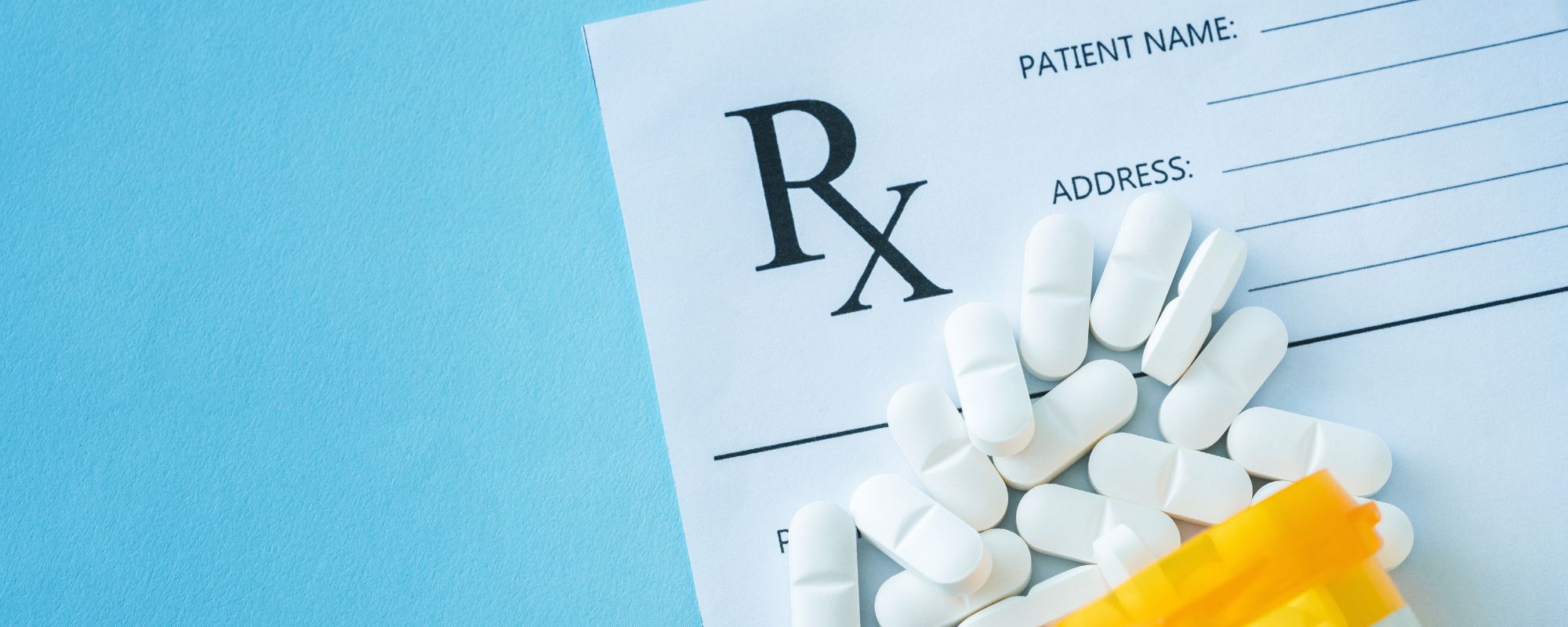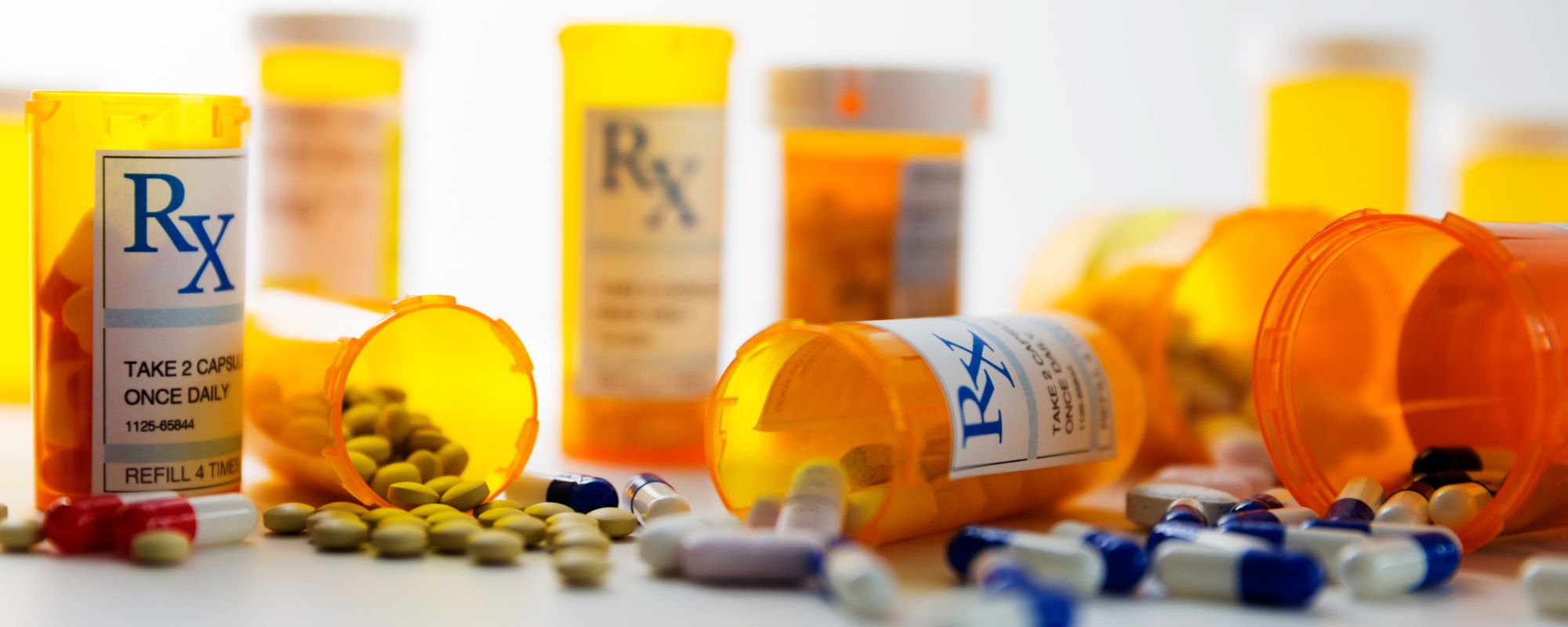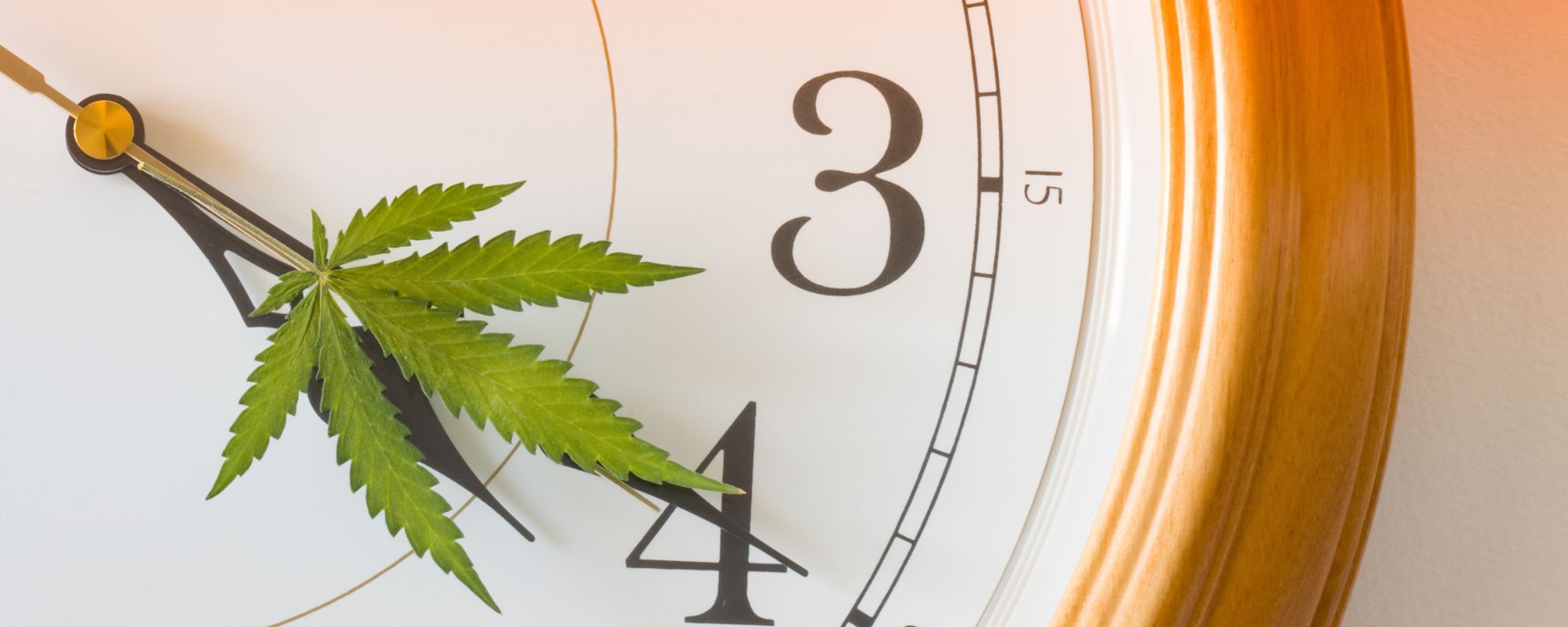As one of the most commonly prescribed medications for pain management, Hydrocodone has gained quite a reputation. Unfortunately, this infamy is not all positive. One of the many concerns regarding the use of Hydrocodone is the serious side effects it can cause when mixed with alcohol.
Mixing alcohol and prescription drugs is never a good idea, but opioids, in particular, pose a serious health risk to those who combine these substances. If you are taking Hydrocodone, it is important to know the risks that come with mixing this medication with alcohol.
What Is Hydrocodone?
According to the Drug Enforcement Administration (DEA), Hydrocodone is a semi-synthetic opioid pain medication that is used to treat moderate to severe pain. It is a combination of Hydrocodone and acetaminophen and is available under a variety of brand names, including Vicodin, Lortab, and Lorcet.
Hydrocodone works by binding to opioid receptors in the brain. This blocks pain signals from reaching the brain, helping to relieve discomfort. However, it can also cause drowsiness, dizziness, and constipation.
Due to its risk for abuse and addiction, Hydrocodone is classified as a Schedule II controlled substance, so it is important to take it exactly as prescribed by your doctor and to not take more than the directed amount.
It is also not recommended for those who have a history of drug abuse or who are pregnant or breastfeeding to use this medication, as it can be addictive. The most recent studies on drug abuse involving prescription opioids like Hydrocodone showed that there are around 11.8 million opioid misusers aged 12 or older in the United States.
As the nation faces an unprecedented opioid crisis, the need for effective addiction prevention and treatment options has become more important than ever. Being aware of the risks of Hydrocodone, both alone and when mixed with other substances, is crucial for taking this medication safely.
How Long Does Vicodin Stay In Your System?
If you have been prescribed Hydrocodone, knowing how long the effects of this medication lasts is important when using it safely. The amount of time Vicodin stays in your system depends on a variety of factors, including your individual metabolism, the amount of Vicodin you take, and the type of drug test used.
Generally, the half-life of Vicodin is about 3.8 hours, which means it will take this much time for the amount of Vicodin in your body to be reduced by half. This can vary based on your metabolism or the rate at which your body breaks down and eliminates drugs.
People with a fast metabolism will typically clear Vicodin from their system faster than people with a slow metabolism. Of course, the more Vicodin you take, the longer it will stay in your system. Mixing Vicodin and alcohol can also slow down the metabolism time as your body is working to process two different substances.
Finally, different types of drug tests are more or less sensitive to Vicodin. Urine tests are the most common type of drug test and can detect Vicodin for up to 4 days after use. Hair follicle tests, on the other hand, can detect Vicodin for up to 90 days after use.
What Are the Signs and Symptoms of Hydrocodone Abuse?
Unfortunately, because of Hydrocodone’s ability to produce a euphoric and pleasurable high, many people who are prescribed this medication may begin to abuse it. Over time, this substance abuse can lead to dependence and eventual addiction to their medication.
If you or a loved one has a Hydrocodone prescription, it is important to know how to recognize the signs of Vicodin addiction. While the exact signs and symptoms of hydrocodone abuse can vary depending on the individual and the severity of the abuse, some of the most common include:
- Taking more Hydrocodone than prescribed or recommended.
- Taking Hydrocodone for reasons other than pain relief, such as to get high or to self-medicate for other mental health conditions.
- Crushing or snorting hydrocodone tablets.
- Sharing Hydrocodone with others.
- Developing a tolerance to Hydrocodone or needing more of the drug to achieve the same effect.
- Experiencing withdrawal symptoms when you stop taking Hydrocodone.
In addition to the signs listed above, another key indicator that your Hydrocodone use has become problematic is if you have started to mix your medication with other substances, such as alcohol.
What Are the Dangers of Mixing Alcohol and Hydrocodone?
Mixing alcohol and opiates is extremely dangerous and can lead to serious health problems, including overdose and death. Both alcohol and Hydrocodone are depressants, meaning they slow down the central nervous system.
This means that when they are taken together, the effects of both drugs are amplified, which can lead to a number of dangerous and even life-threatening side effects. Some of the specific dangers of mixing alcohol and Hydrocodone include:
- Respiratory depression: Alcohol and Hydrocodone both depress the central nervous system, which can slow down breathing. When these two drugs are taken together, the risk of respiratory depression is greatly increased and can include shallow or strained breathing.
- Overdose: Mixing alcohol and Hydrocodone can lead to overdose, which is a life-threatening condition. The symptoms of an overdose can include confusion, drowsiness, slowed breathing, seizures, and even death.
- Death: Mixing alcohol and Hydrocodone can be fatal. According to the National Institute on Alcohol Abuse and Alcoholism (NIAAA), alcohol contributes to approximately 18.5% of emergency department visits and 22.1% of prescription opioid-related overdose deaths.
Because of the dangers associated with mixing these substances, it is important to never drink alcohol with this medication, even in small amounts, if you are using Hydrocodone.
Why Do People Mix Alcohol and Opioids?
There are several reasons why people decide to mix alcohol and opioids despite the dangerous side effects this can cause. One of the main contributors to this deadly combination is the existence of underlying mental health issues.
For many people who struggle with anxiety, depression, or any other mental health disorder, it is all too common to use substances like alcohol and opioids to attempt to self-medicate their difficult symptoms.
With Hydrocodone and alcohol in particular, mixing these two substances can cause intense euphoria and sedation, temporarily relieving feelings of sadness, anxiety, and other difficult emotions. Unfortunately, this is not a permanent fix and can be very dangerous.
If you are struggling with mental health problems, substance abuse is never the answer. At Royal Life Centers, we can help you overcome both your addiction and the underlying causes of your substance use.
Addiction Treatment at Royal Life Centers
We take a holistic approach to treatment, offering services that can help restore both your mind and body from addiction. When seeking treatment at Royal Life Centers, you will have access to a full continuum of care, including:
- Detox services
- Residential treatment
- Partial hospitalization
- Intensive outpatient treatment
- Outpatient treatment
- Sober living support
Our Puget Sound facility in Sumner, Washington provides comprehensive care during our detox and residential treatment programs. Our two inpatient levels of care provide you with access to a wide range of treatment amenities including:
- Dual diagnosis treatment
- Medication-assisted treatment (MAT)
- Master’s level, licensed and certified clinicians
- Trauma-informed care
- Individualized treatment plans
- Integrative case management
- Evidence-based therapies
- Psychoeducation courses
- Holistic and wellness services
After completing inpatient treatment, guests are encouraged to transition into one of our outpatient facilities to continue their recovery journey. Our aftercare program guides guests through PHP, IOP, and OP while building upon the foundational skills learned in inpatient treatment. Each phase of our 12-week program reinforces the use of coping skills while providing accountability measures and support.
No matter what your recovery needs may be, we have the tools and resources to meet them. If you are ready to achieve long-lasting sobriety, reach out to us by calling 877-RECOVERY today!












